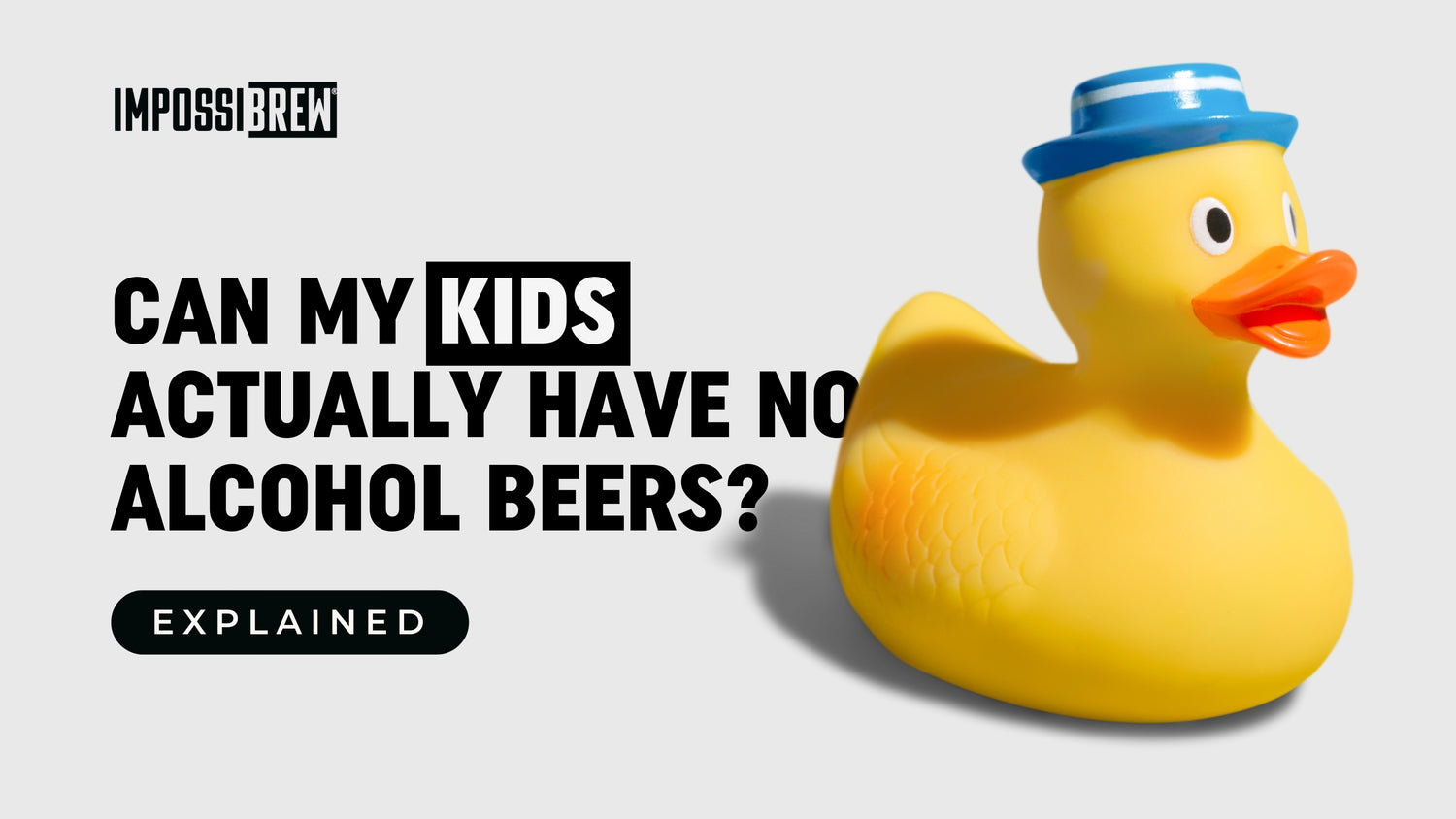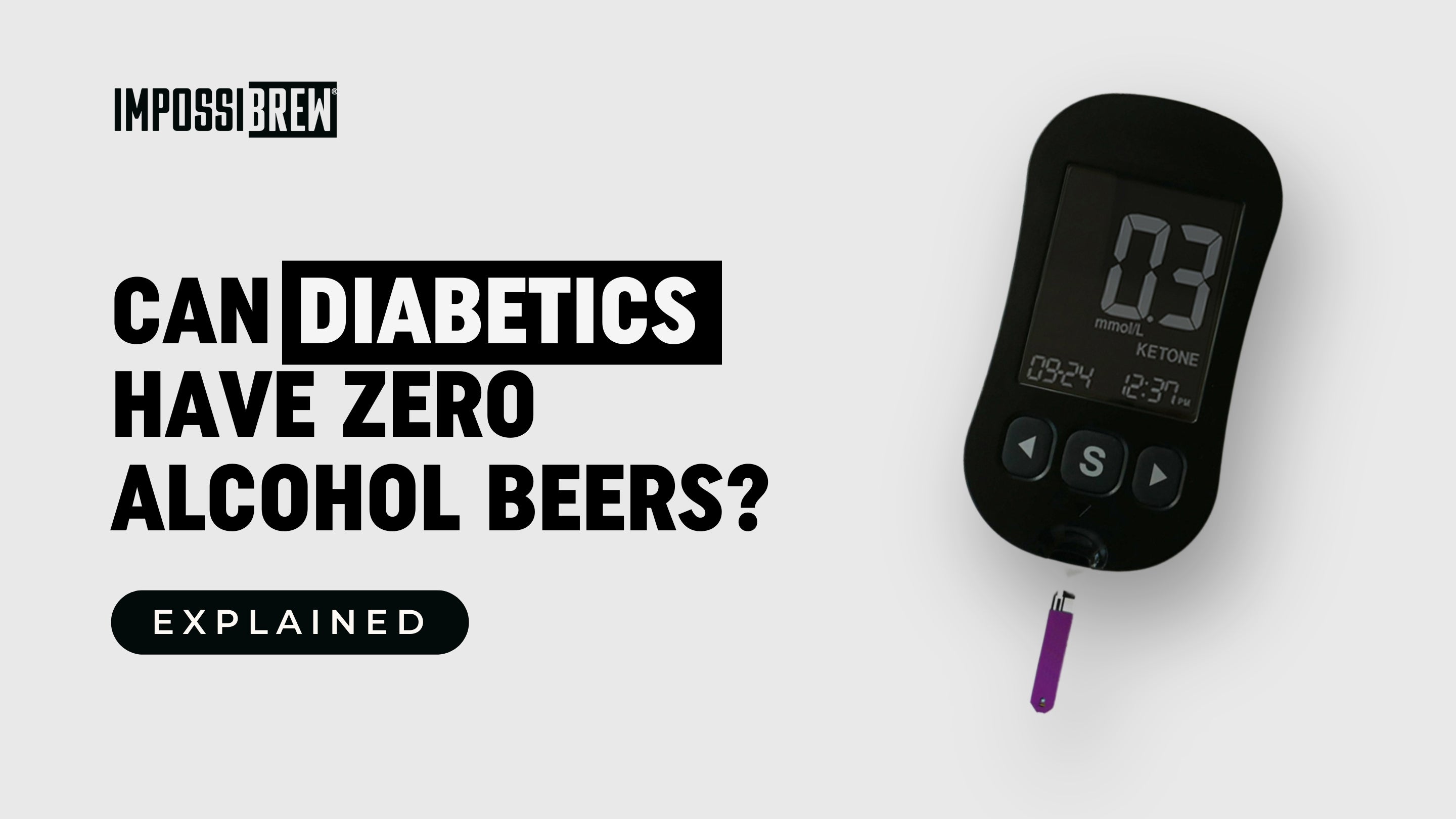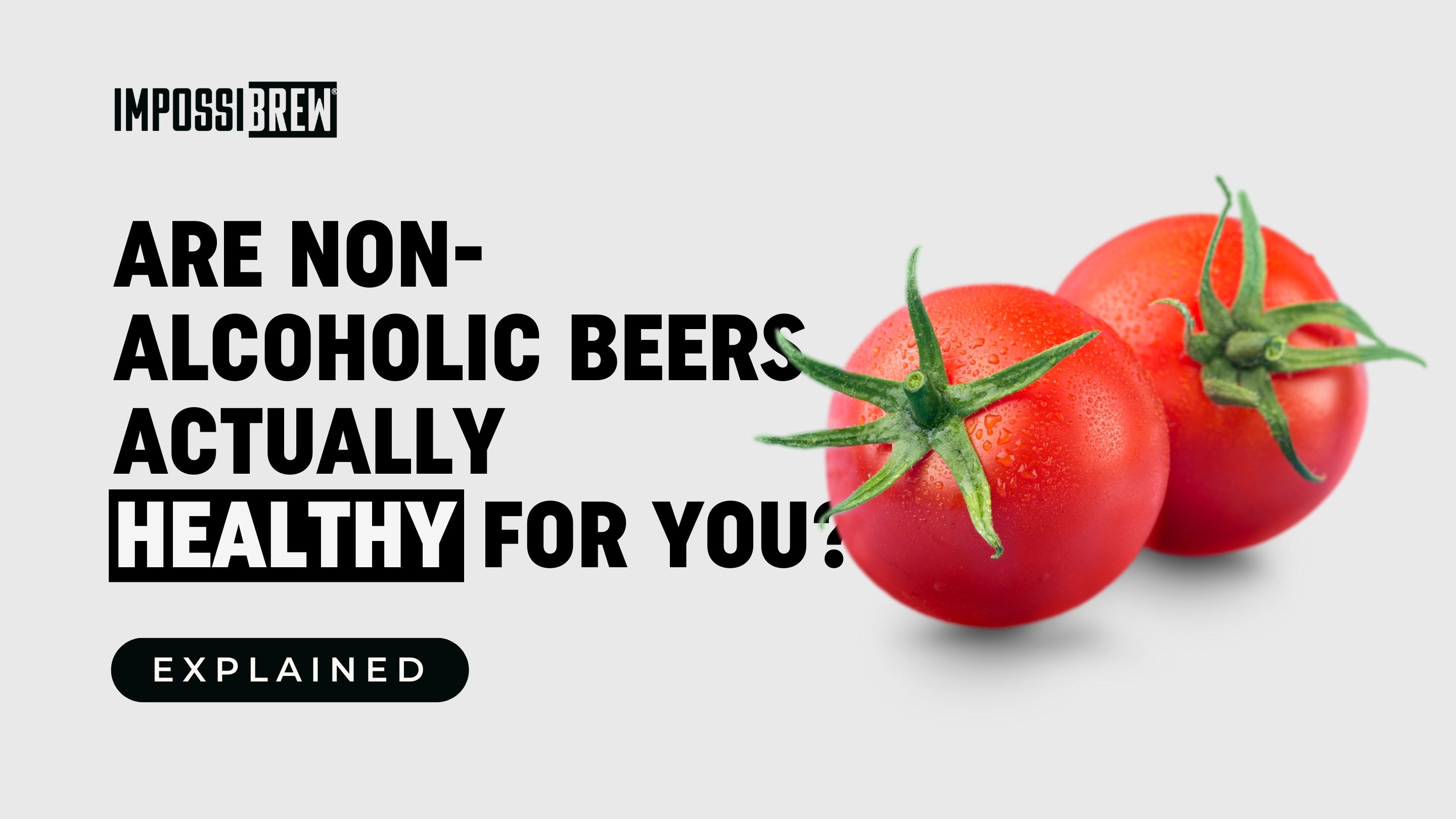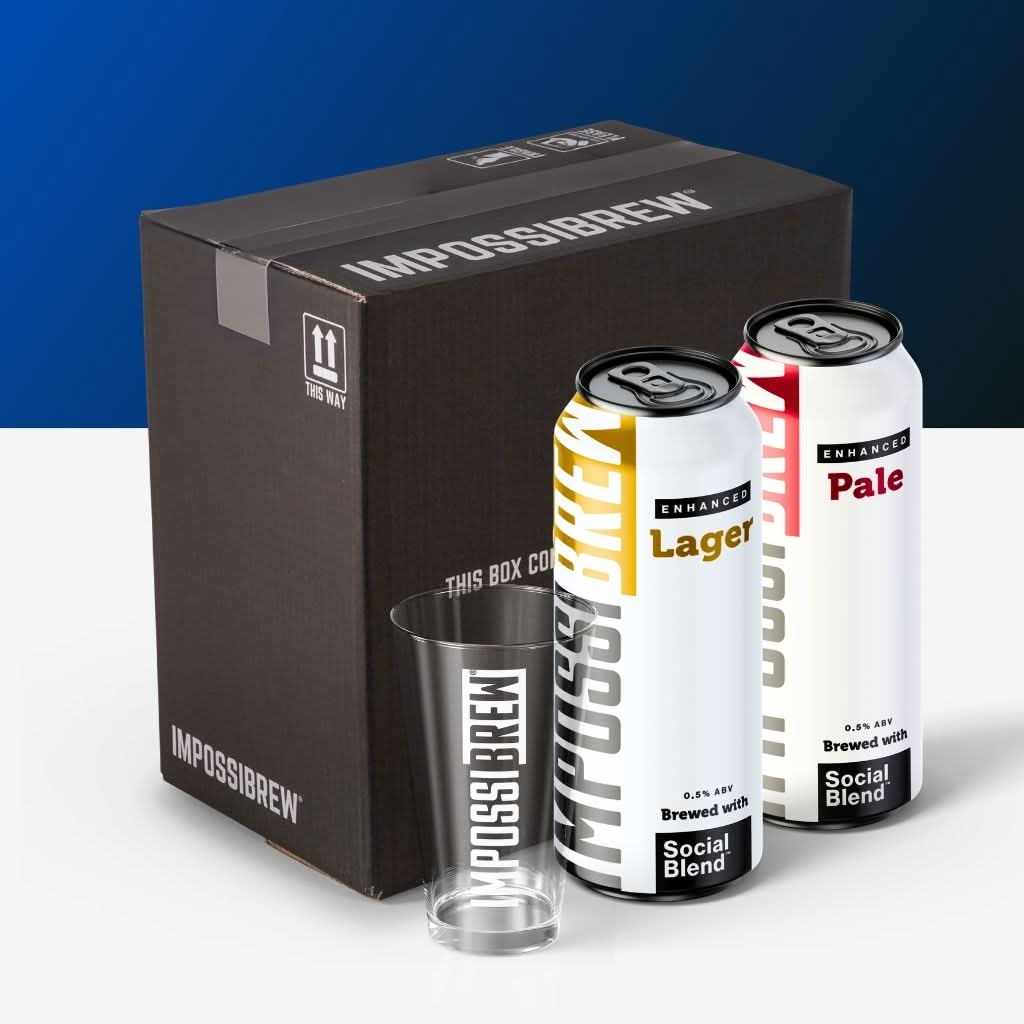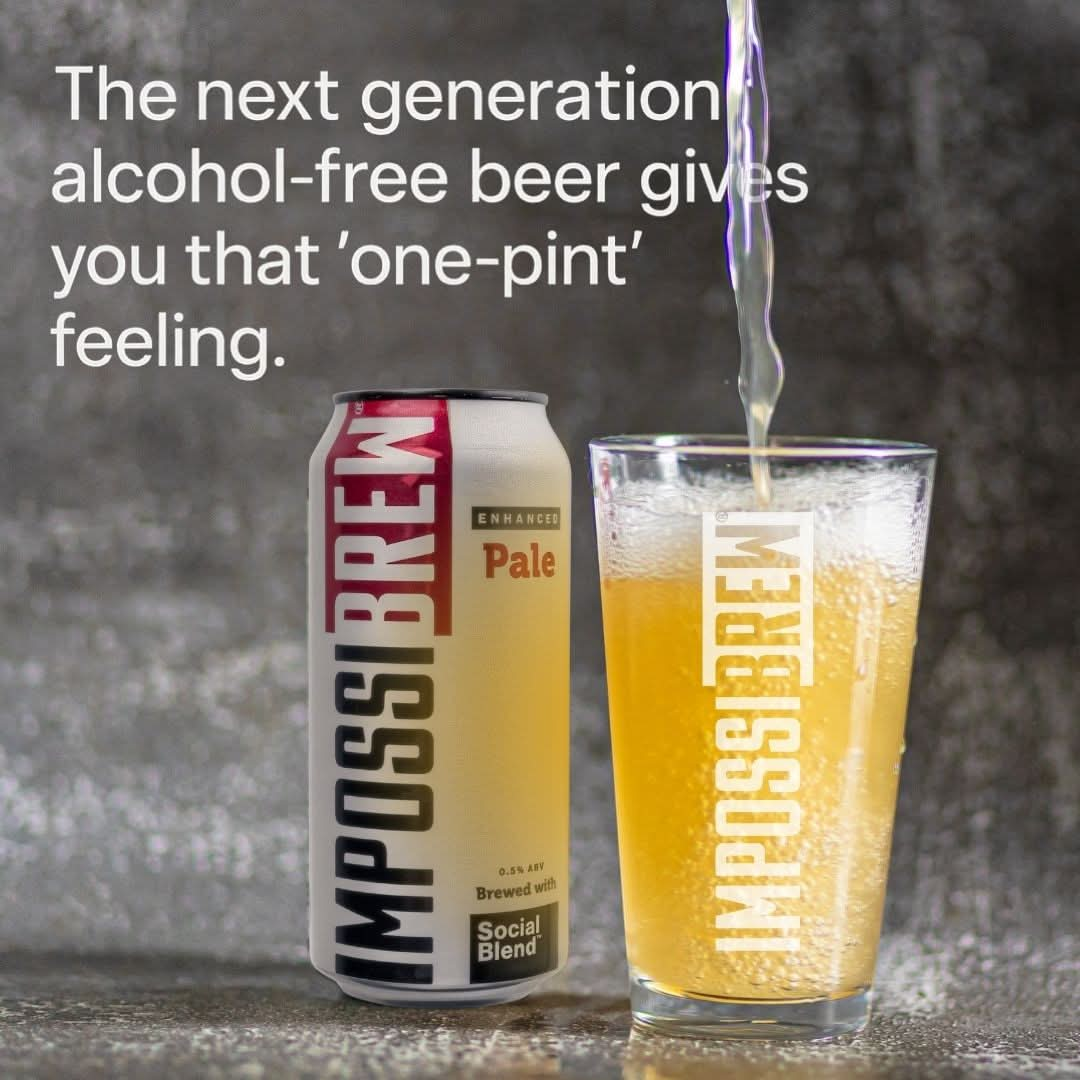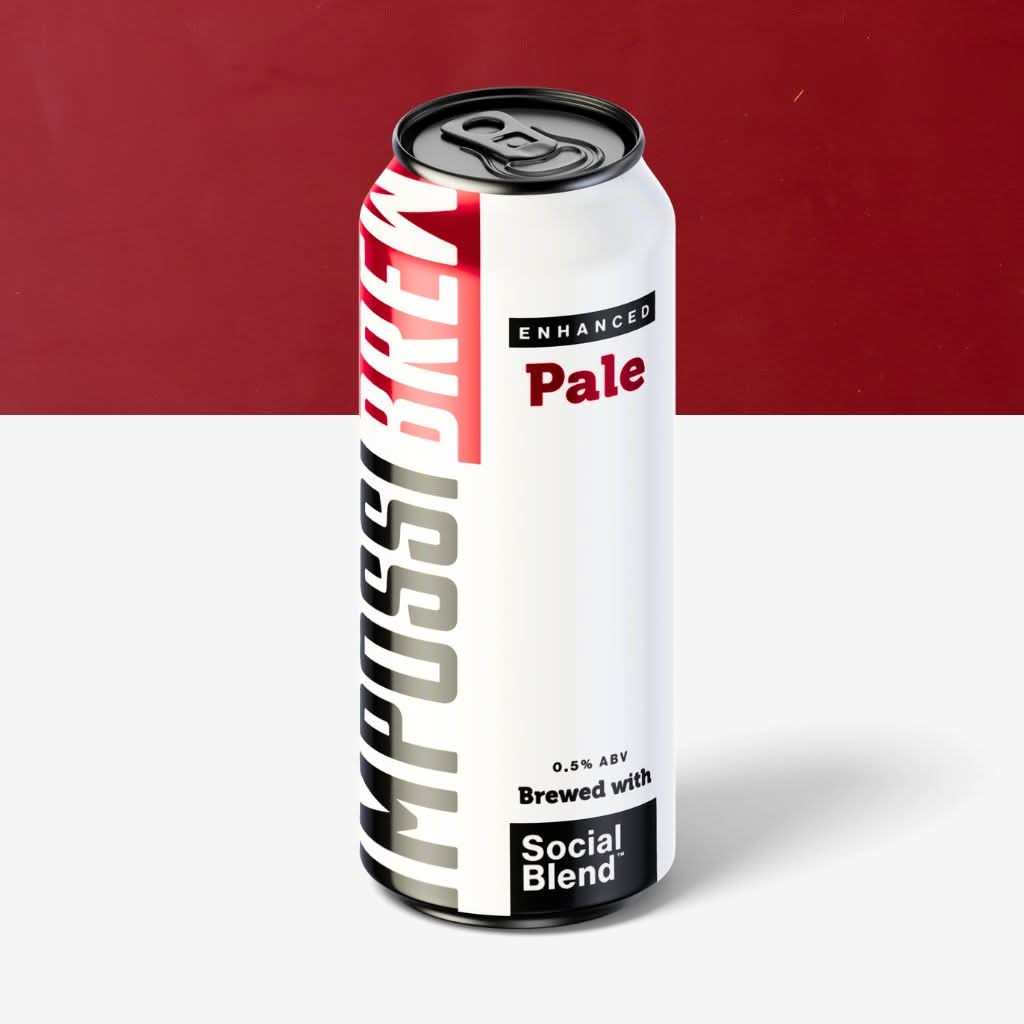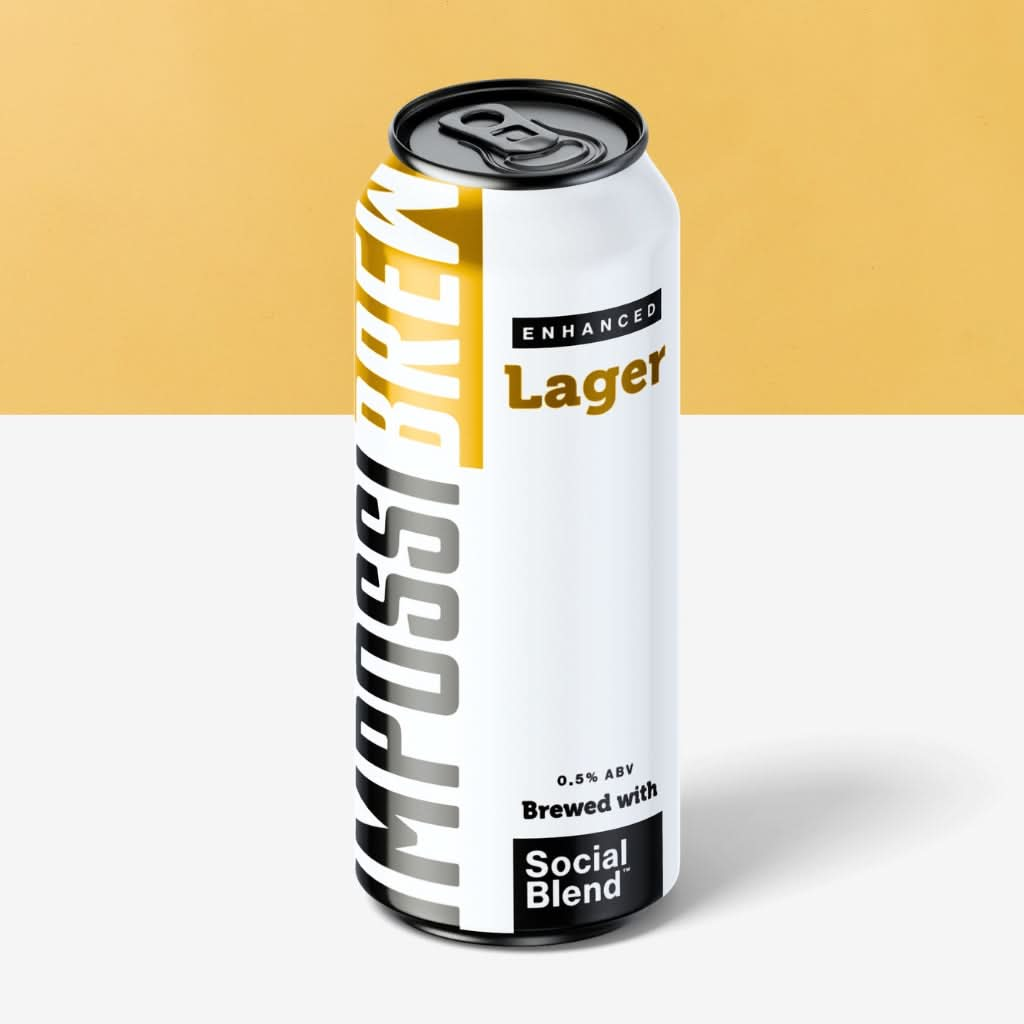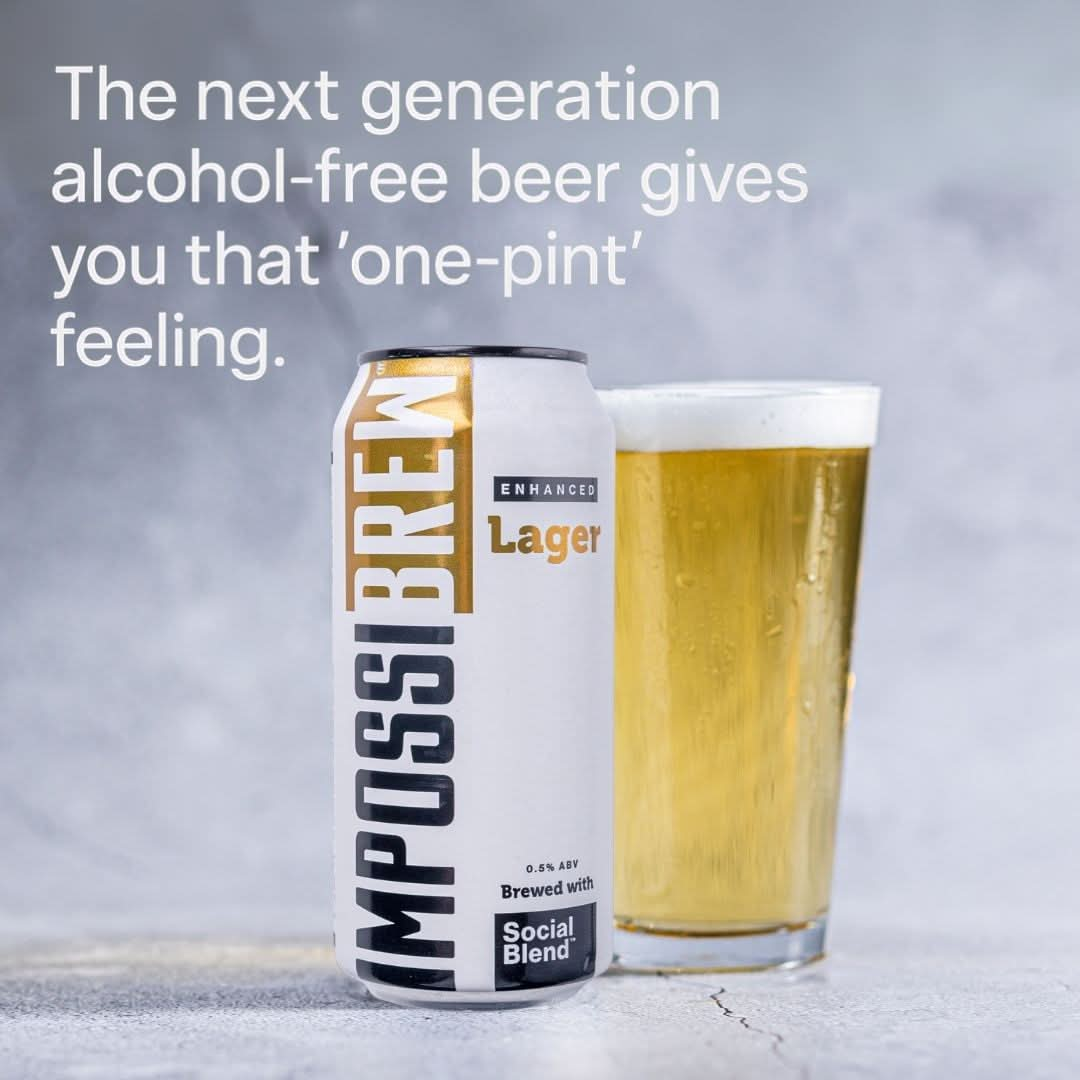The rise of non-alcoholic beer, wine, and spirits has left many parents wondering if these beverages are a safe and acceptable option for their curious teens. While there are no laws prohibiting minors from purchasing or consuming these alcohol-free alternatives, the potential risks and benefits remain a topic of debate among experts and parents alike.
Paediatricians warn that allowing children to consume non-alcoholic beer can normalize drinking behaviour and increase the risk of future alcohol-related issues. While these beverages are unlikely to cause immediate intoxication or toxicity in children due to their lack of alcohol content, it is important that the parent make this decision themselves with the best available information.
Parents have mixed views on providing non-alcoholic beer to their children. Some believe that offering these beverages in moderation and in appropriate contexts, such as family celebrations, can help normalise responsible drinking habits. However, many parents express concerns that exposing children to the taste and branding of non-alcoholic beer may encourage earlier interest in alcohol and lead to increased consumption of alcoholic beverages later in life.
Under the Licensing Act 2003 in the UK, any drink that contains less than 0.5% alcohol by volume (ABV) is not legally considered "alcohol" and can be purchased by individuals under the age of 18. However, many pubs, bars, and retailers still choose to operate a "Challenge 25" policy, requiring identification for anyone who appears under 25 years old, even when purchasing non-alcoholic or low-alcohol beverages below 0.5% ABV. This policy helps avoid confusion and ensures staff do not inadvertently sell alcohol to minors, as the packaging and labeling of non-alcoholic beers can closely resemble their alcoholic counterparts. While not legally required, many establishments view this as a responsible business practice to prevent underage drinking and maintain their reputation in the community.

